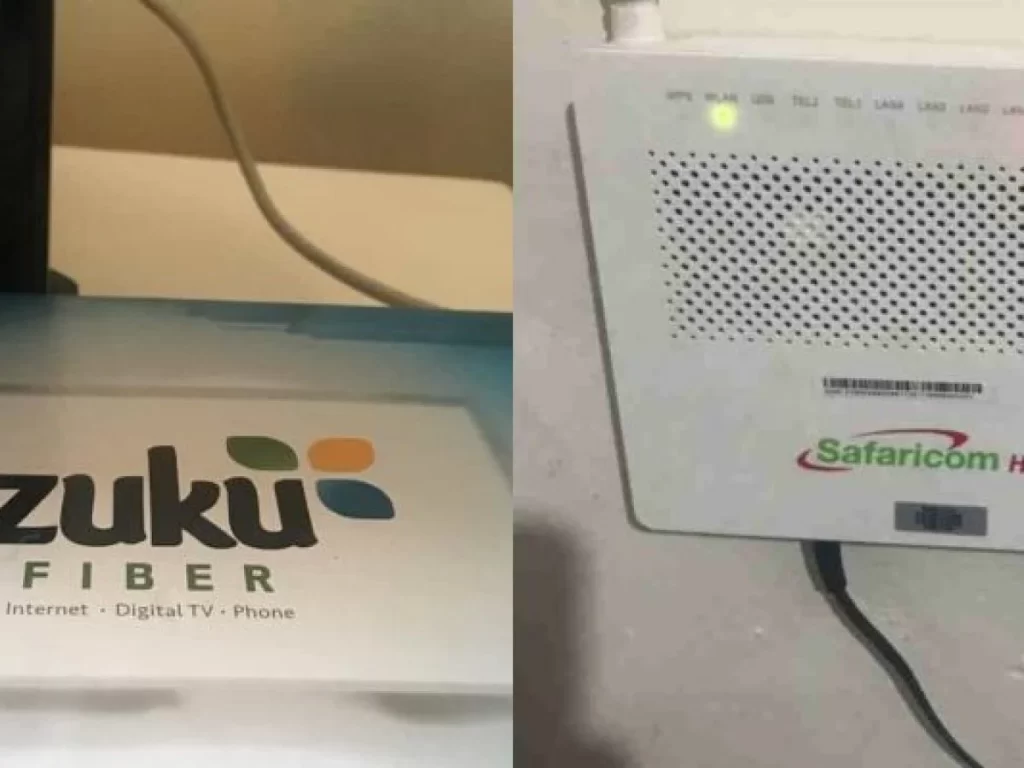How to Find the Best Home Internet Service Provider

If you’re a busy adult, finding the best home internet service provider can make or break your productivity. Whether you’re surfing the web for entertainment or working from home, you need to be able to download and upload files quickly. This is more than a luxury, it’s an absolute necessity. In fact, most people spend most of their time online and high-speed Internet has become essential to the modern world. If you work from home, you may be surprised at how important it is to have a high-speed connection.
Although the speeds with HughesNet are lower than their competitors, they’re more than sufficient for light web surfing. If you don’t want to be throttled, there’s a data cap of 50 GB that will prevent you from going over your limit. Fortunately, there’s a “Bonus Zone” for those who work at night or want to stream movies. You can also enjoy a higher speed during this time with HughesNet’s higher-speed plan.
In the past, people used dial-up modems to access the web. However, today most at-home internet is delivered via a broadband connection, often through a coaxial cable that also delivers cable TV and home phone service. These speeds can range anywhere from 3 Mbps to 100 Mbps, depending on your location and other factors. In addition, you should know that some Internet service providers offer free or low-cost plans. They all come with different speeds, so you should know what you’re getting before signing up for a plan.
Comcast isn’t always the best choice for your home internet needs, but some of its plans offer more value than others. Spectrum, WOW, and Optimum are better deals than many Comcast plans. Unlike Xfinity, Spectrum doesn’t have a data cap. If you exceed your data cap, you’ll end up paying overage fees. So, look for a plan that’s not only affordable, but also meets your needs.
In rural areas, T-Mobile is the best home internet provider. It offers a flat-rate of $50 per month for unlimited 5G downloads. Unlike satellite Internet, T-Mobile uses fixed wireless technology to deliver high-speed Internet to your home. The speed depends on your location, signal strength, and time of day. And, if you don’t like how satellite internet works, you can choose a cheaper plan from Verizon.
If you want faster speeds, 5G home internet may be the best option for you. This service doesn’t require you to run individual cables, so it may be less expensive. If you’re interested in 5G home internet, T-Mobile, and Verizon all offer 5G plans, some of which don’t have annual contracts. Depending on your location, you may find a more affordable plan with better speed. There are many options available, so make sure to compare them before you sign up for a plan.
Before fiber Internet came on the scene, cable internet was the best option for many households. It could provide download speeds of up to 1Gbps, but upload speeds were typically not nearly as fast. Cable internet is more widely available than fiber, but it lacks upload speed. It’s also cheaper than fiber. And because cable is built for cable TV, it was easy to set up. In the long run, it’s probably the best option.








